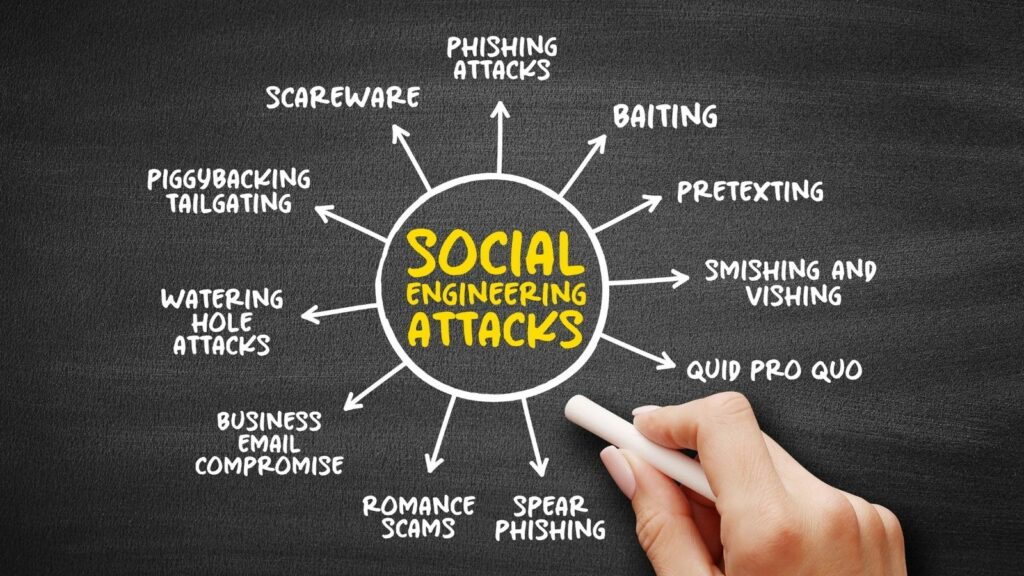The 21st century is the digital era where almost anything seems possible. Many past myths and science fiction predictions have come true. People constantly share personal information on various social media platforms. While this may be trendy, an alarming amount of data is being compromised. Technological advancements have two sides—yet the darker side is often neglected. Below are some key factors you should consider while using social media platforms.
Data Collection and Surveillance
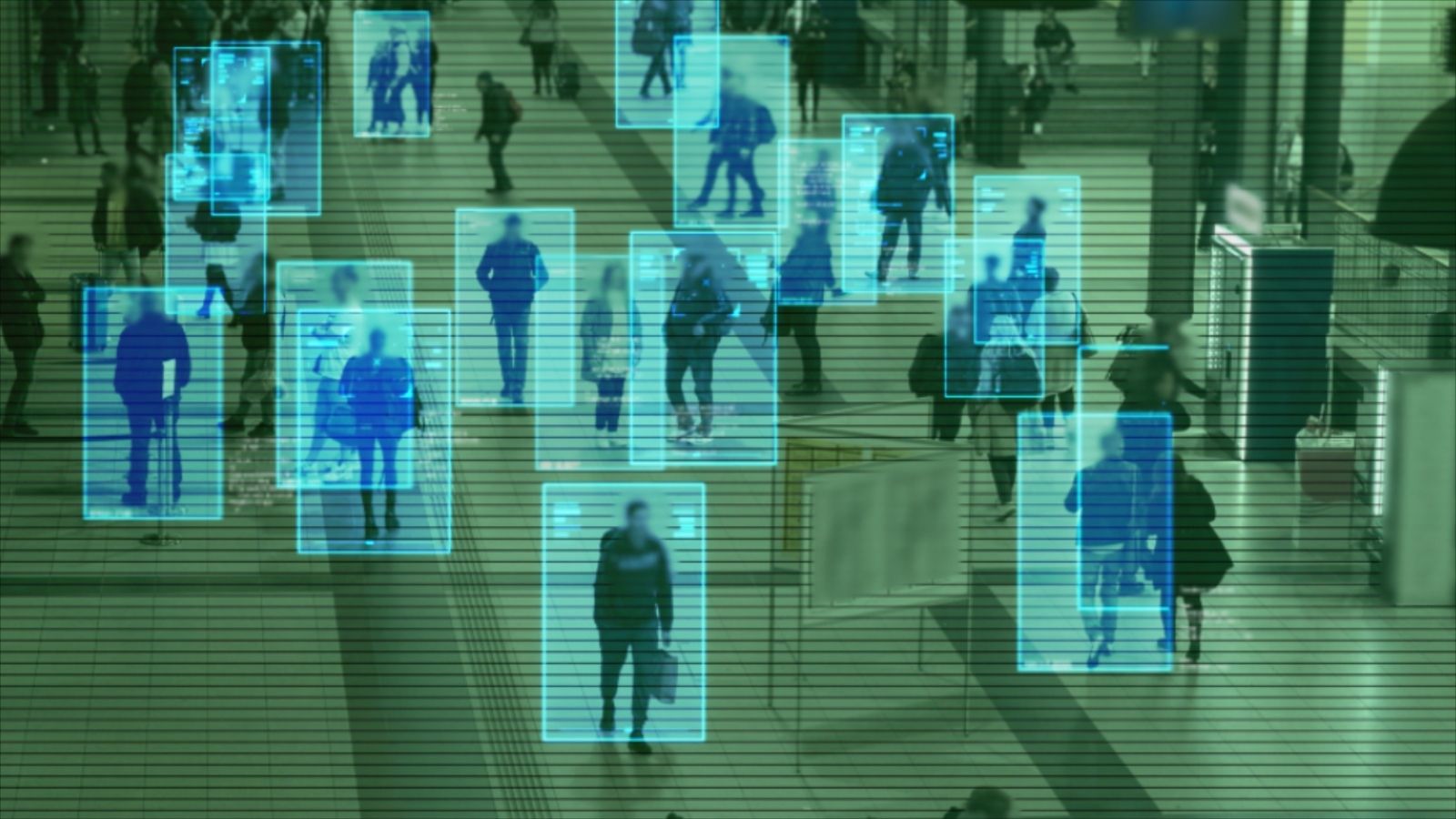
Every online platform you use is risky and unsafe. Google collects over 60,000 data points every second, Facebook gathers around 500 terabytes of data daily, and countless other platforms are harvesting your personal information without explicit consent.
No privacy

The invention of smartphones is nothing short of a miracle. Buying an expensive smartphone is a dream come true for many. However, these very smartphones are the root of much of your digital vulnerability. With a smartphone, anyone’s location can be tracked with ease.
Tracking devices and cookies
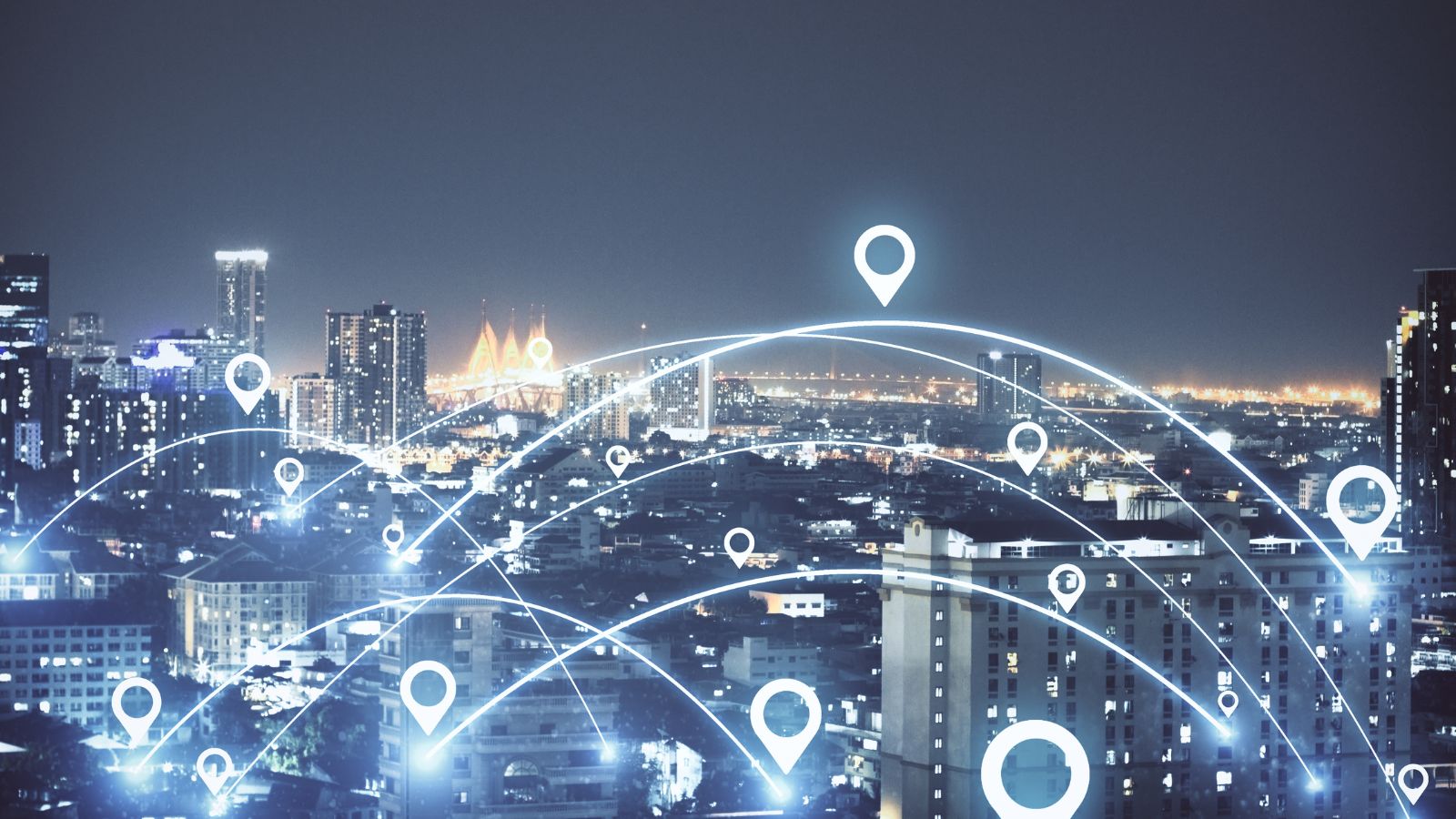
There’s an invisible web of connections online. This interconnected world keeps no secrets. Every bit of your online activity is traceable. Many websites use cookies that record browsing behavior, creating a digital trail. In this world, where self-awareness reigns, nothing is truly private.
Social Media Over-sharing

Many people believe that sharing personal information on social media has no real drawbacks. Nowadays, it’s seen as a fast track to fame and financial success. However, oversharing can be dangerous. It exposes personal details that can be exploited for targeted advertising, identity theft, or worse—becoming a direct threat to your safety.
Risk of Public Wi-fi
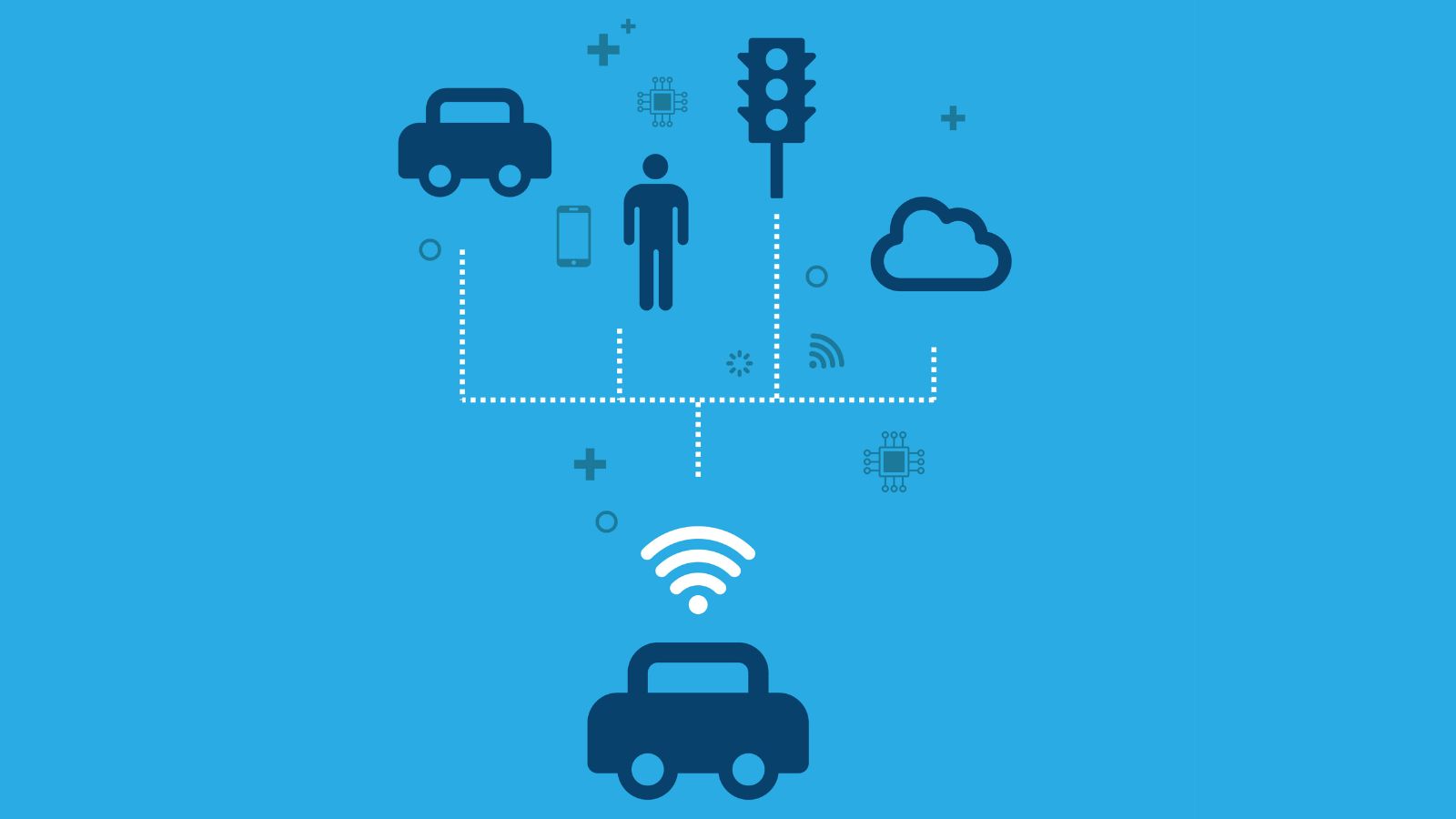
People often seek out public Wi-Fi networks in restaurants, cafes, and hotels, considering them convenient. However, this convenience comes at a cost—public Wi-Fi can expose your personal information to hackers. These unsecured networks are easy for malicious actors to infiltrate, and they can misuse your data.
Location Tracking
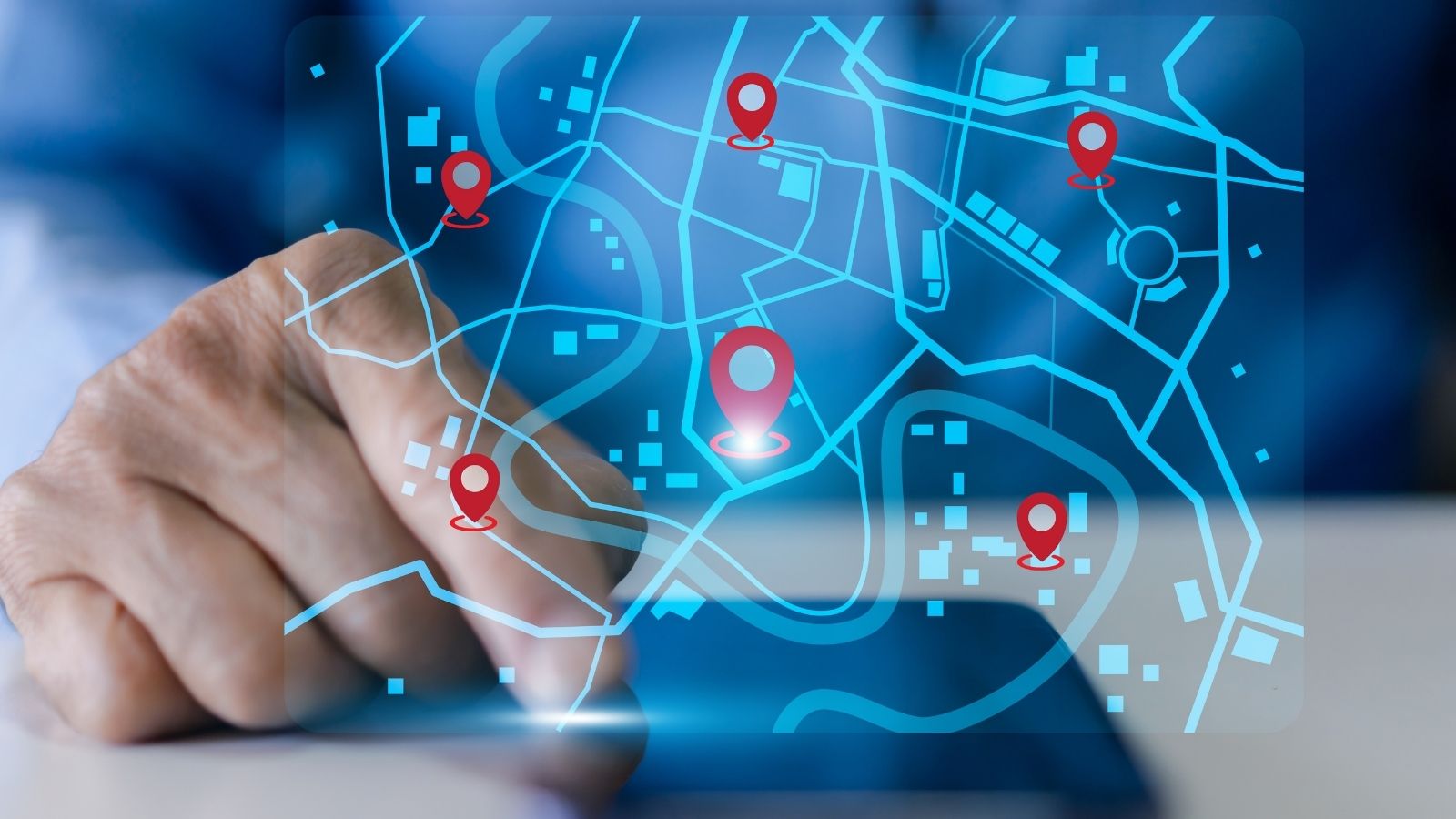
Technological advancements often come with unintended consequences. Many apps and websites continuously track your location. Even scarier, some have the ability to track and store your location history, even when you’ve turned off location services on your device. This means that, even when you think you’re off the grid, your movements can still be monitored and recorded without your knowledge, compromising your privacy.
Phishing Attacks
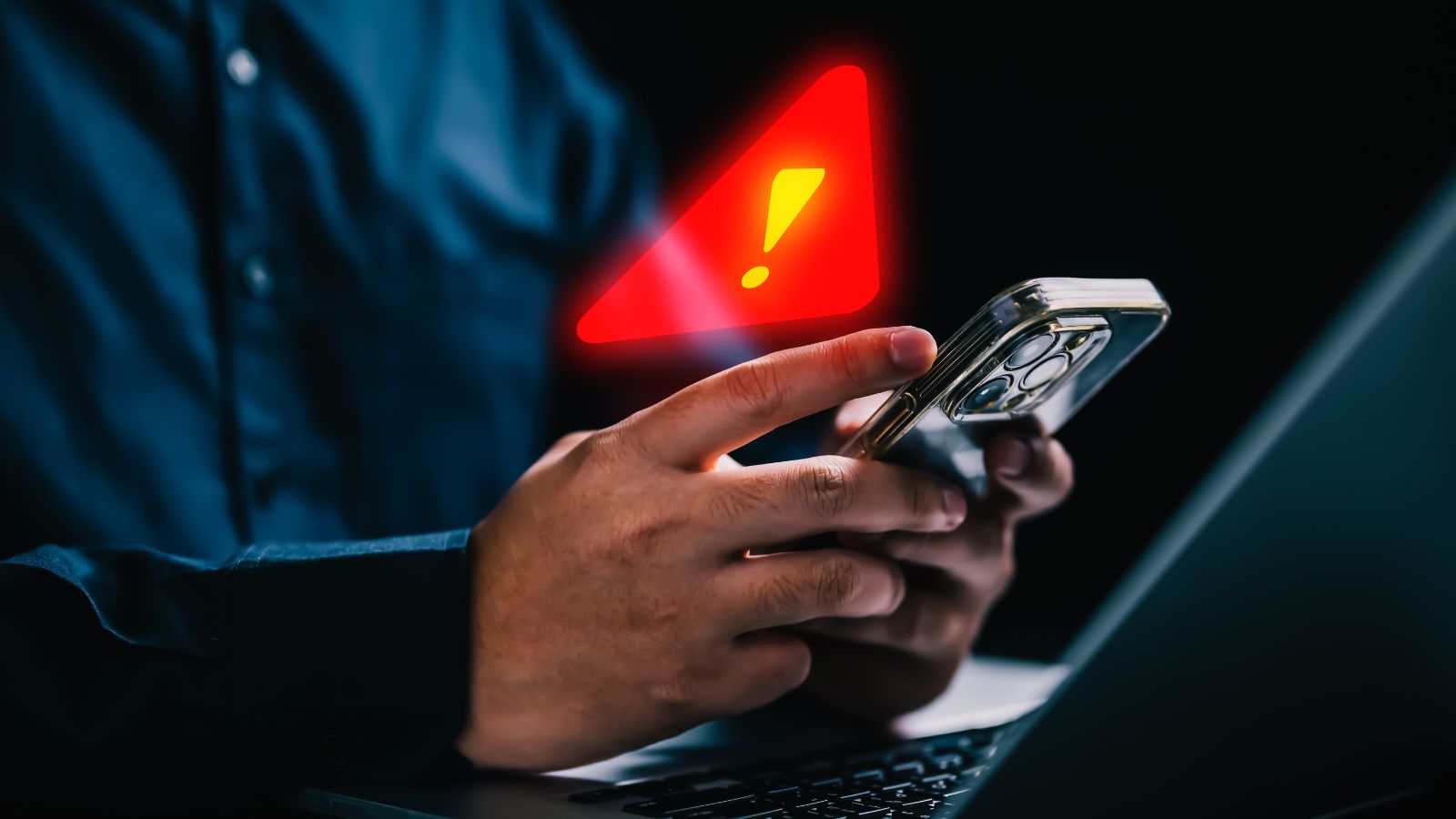
Phishing is a serious cybercrime that targets internet users. Phishers can deceive you into providing sensitive information like passwords, credit card numbers, and more. The consequences can be financially devastating, leading to unauthorized transactions and loss of personal data. These attacks can be difficult to spot, as they often mimic legitimate communications, making it easy to fall victim and unknowingly compromise your personal and financial information.
Unsecured Devices

Many public platforms often require personal information for various purposes. However, these devices may not be secured with passwords, leaving your data vulnerable. To protect yourself, use strong passwords or biometric verification.
Data Breaches

Some people believe they have nothing to hide and openly share personal photos and details on social media. However, this can lead to large-scale data breaches. Such breaches leak personal information, which can then be sold on the dark web. The consequences can range from financial losses and regulatory penalties to legal issues, reputation damage, and identity theft.
IoT Devices

The proliferation of the Internet of Things (IoT) has added complexity to data privacy. IoT devices often collect data but lack robust security measures. This makes them vulnerable to hackers. Devices with weak or nonexistent security are easy targets for cyberattacks.
Third-party Sharing
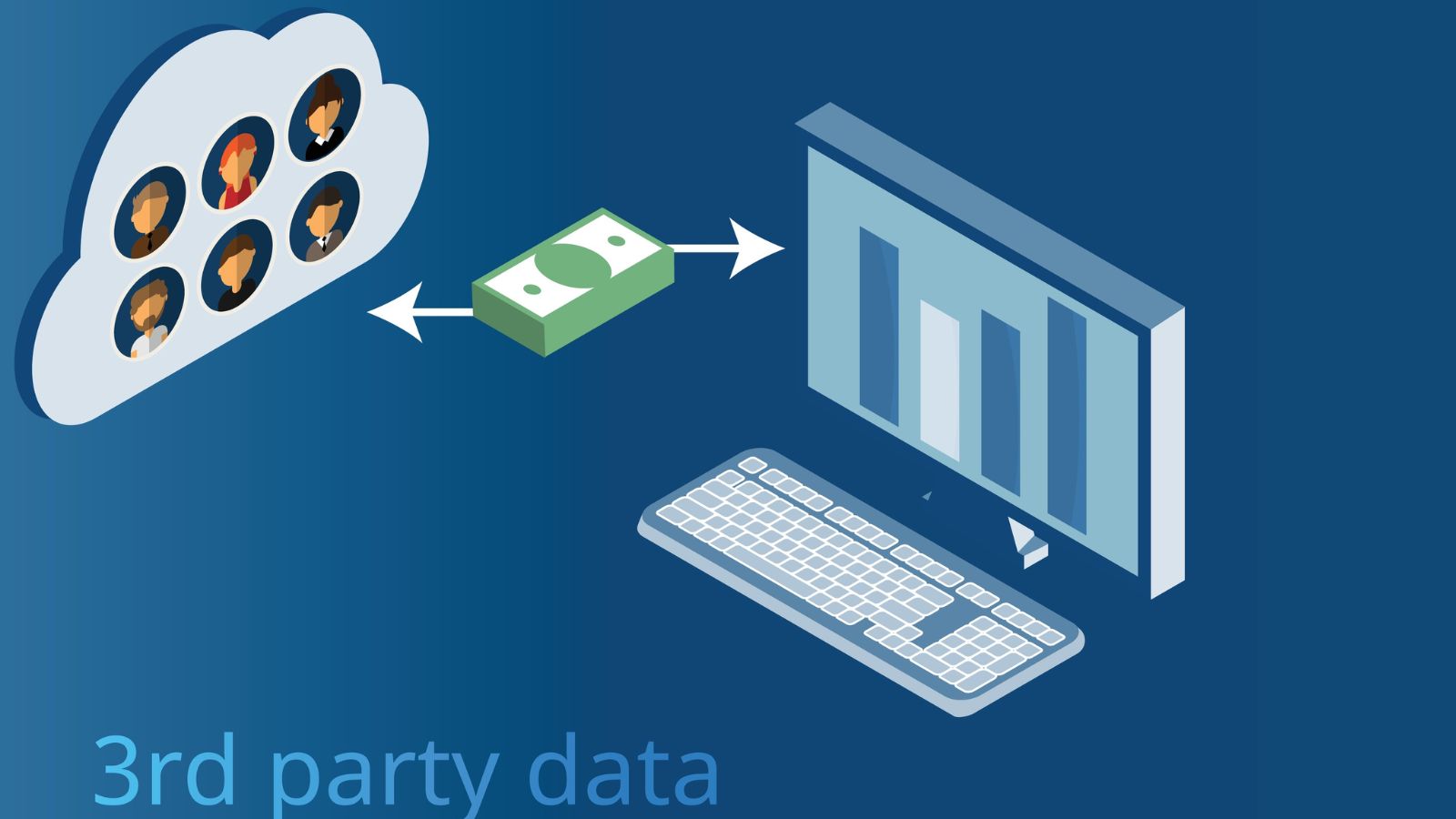
Many apps that promise to simplify your life are readily available online. These apps often lure people into downloading them without conducting proper research. Hidden within their complicated terms are permissions that allow these apps to share your personal information with third parties without your explicit consent. This unnoticed data sharing puts your privacy at risk, as third parties can misuse your information for advertising and analytics or even sell it to other companies without your knowledge.
Voice Assistant
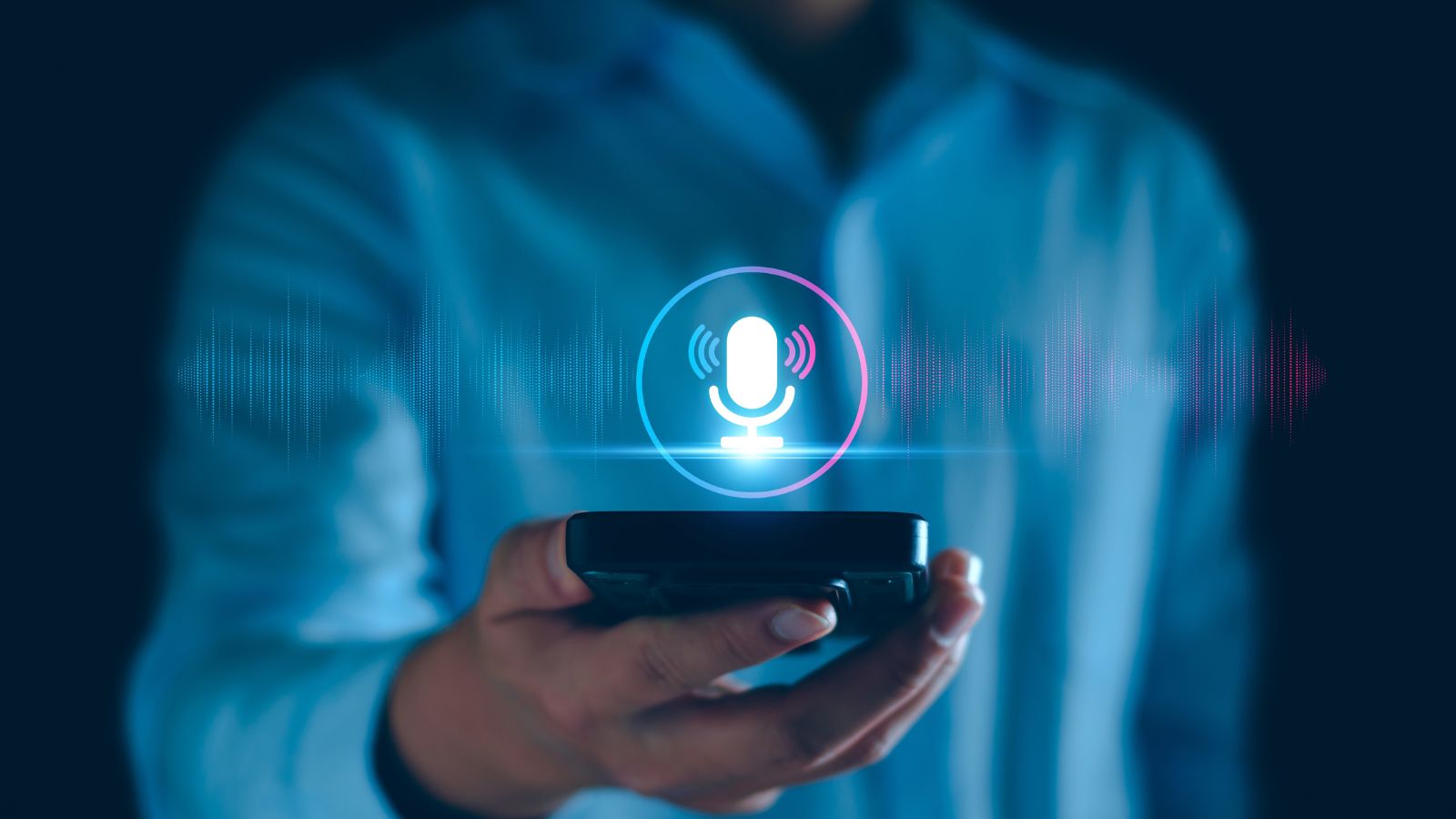
Your personal phone is like a recording device that’s always with you. Applications like Google Home and Amazon Echo listen to your commands and may even record your routine conversations. This potentially threatens your personal security, as these devices could compromise your privacy.
Weak Privacy Settings

Navigating the digital world can be tricky. While many systems are designed to be user-friendly, a deeper understanding is needed for personal safety. Many online platforms have default settings that are open to the public, and changing them to more secure options requires prior knowledge. Without making these changes, users are left more vulnerable.
Biometric Data Vulnerability
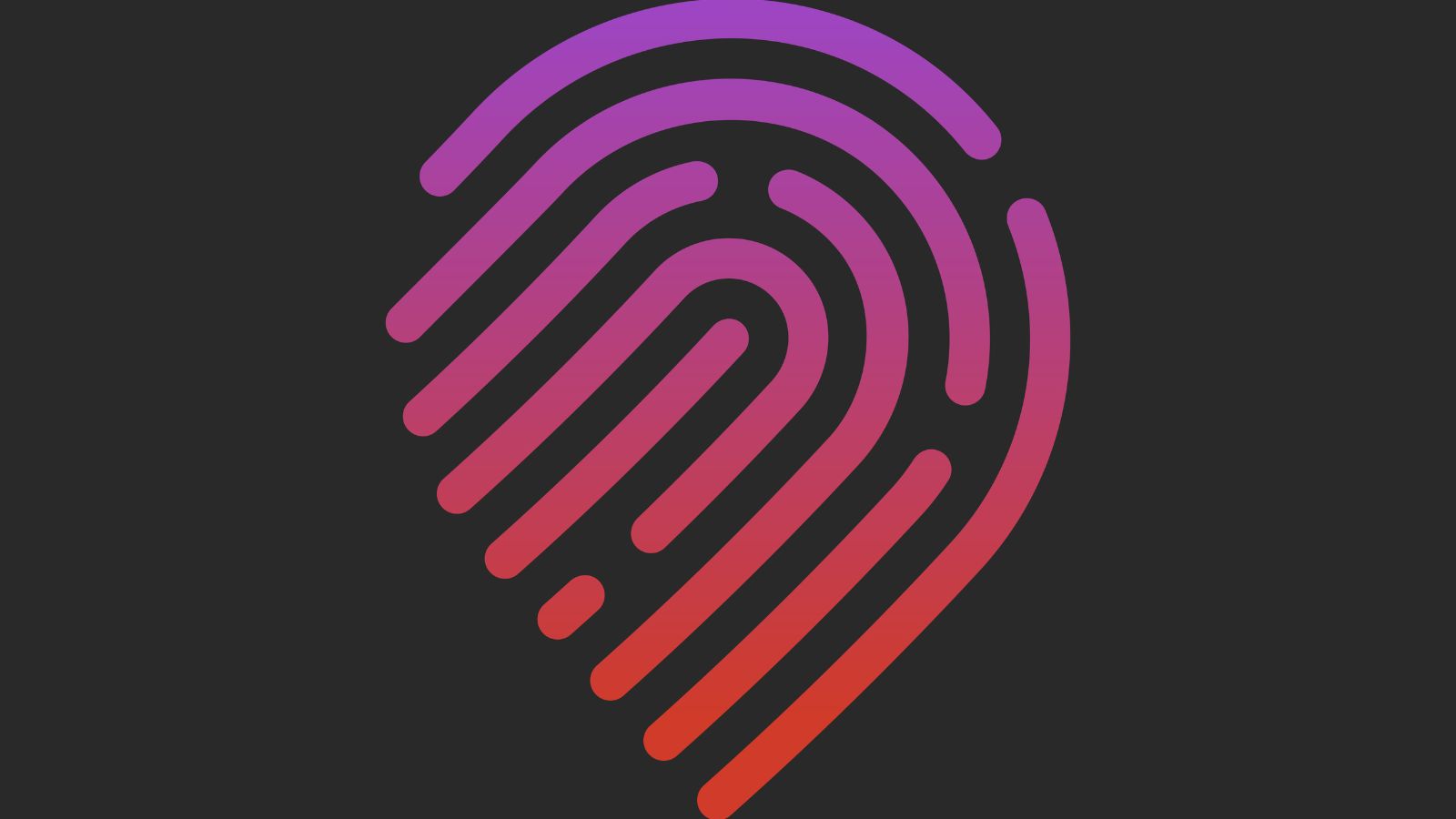
Biometric data, such as fingerprints, facial recognition, and voice recognition, is often used for authentication and identification. However, if compromised, it can pose a severe risk to your digital privacy. Strong encryption, secure storage, and advanced authentication protocols should be employed to safeguard this sensitive information.
Invasive Advertising

Your online activity is constantly monitored and tracked, often without you realizing it. You may notice this through targeted ads appearing on social media. These ads indicate that your online behavior is being closely watched, often making users feel under constant surveillance.
Email Tracking

Online scams are rampant, especially through email. Marketing emails often contain tracking pixels that can expose your personal information if you click on them. These emails may also contain viruses that can hack into your computer, making your private data vulnerable. Once your device is compromised, hackers can gain access to sensitive information, such as passwords and financial data, further increasing the risk of identity theft or financial fraud.
Legacy Account
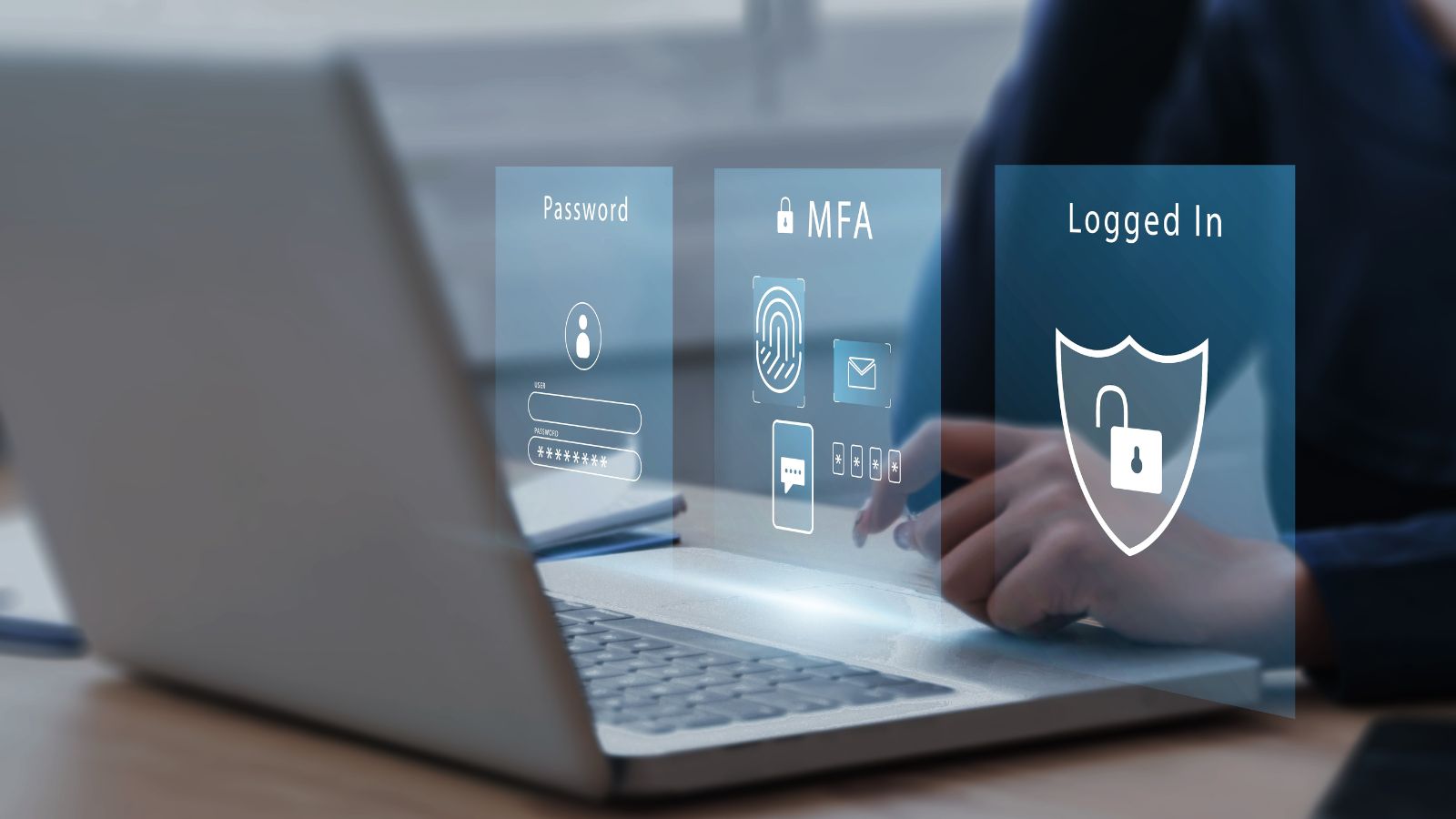
Digital privacy is a significant concern that deserves attention. If you have old accounts on various social media platforms that you no longer use, it’s important to delete them properly. Taking this step helps to ensure that your personal information is not left vulnerable to exploitation in the future. Regularly reviewing and removing unused accounts can save you from potential problems down the line.
Cloud Storage Risk
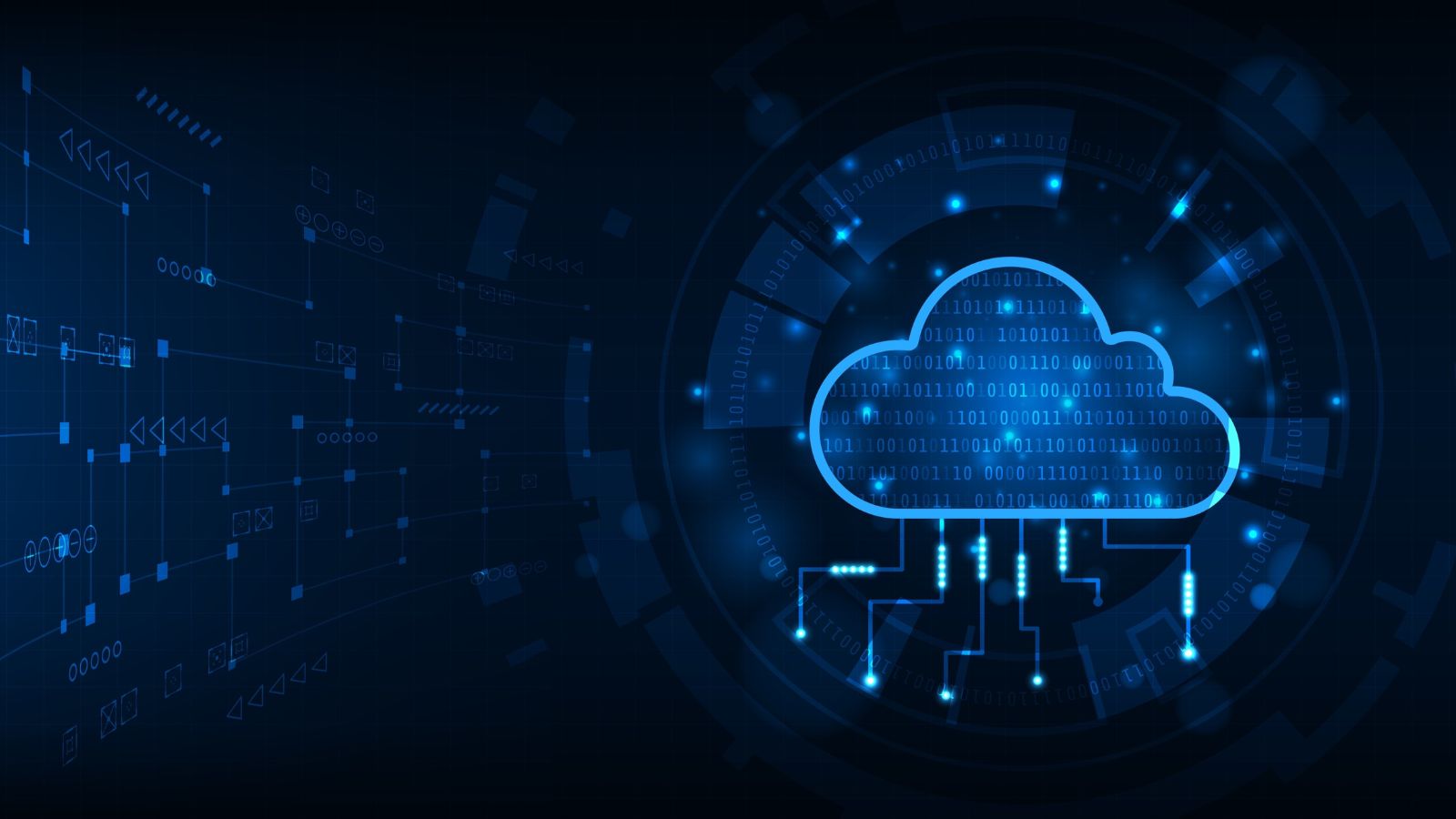
Cloud storage has become extremely popular for data storage. While convenient, it also carries risks. Data stored in the cloud is vulnerable to breaches, hacking, insecure data transfers, and a lack of transparency from service providers.
E-commerce Risks

This is the time of the online world. E-commerce has increased our reliance on the Internet for shopping, business, and entertainment. While this may seem convenient, the risk of data breaches remains high. E-commerce platforms often require personal information, and this data can be compromised if there’s a breach.
Conclusion

The internet is a vast and fascinating place, filled with endless possibilities. It offers a world of beauty, glamour, dreams, and hopes. However, it’s also a playground for scammers and hackers. Our lives are being monitored 24/7—whether through smartphones, social media, or CCTV cameras. In this age of digital advancement, privacy is almost non-existent. While these technologies bring comfort and convenience, they do so at the cost of our personal privacy. It’s crucial to weigh the pros and cons of using these platforms and services, as it’s often said: “Prevention is better than cure.”
18 Reasons Why People Are Leaving Florida in Masses

Exploring factors that impact the desirability of living in Florida, this list delves into various challenges shaping residents’ experiences. From environmental concerns like rising sea levels to economic factors such as fluctuating job markets, these issues collectively contribute to a nuanced understanding of the state’s appeal.
18 Reasons Why People Are Leaving Florida in Masses
